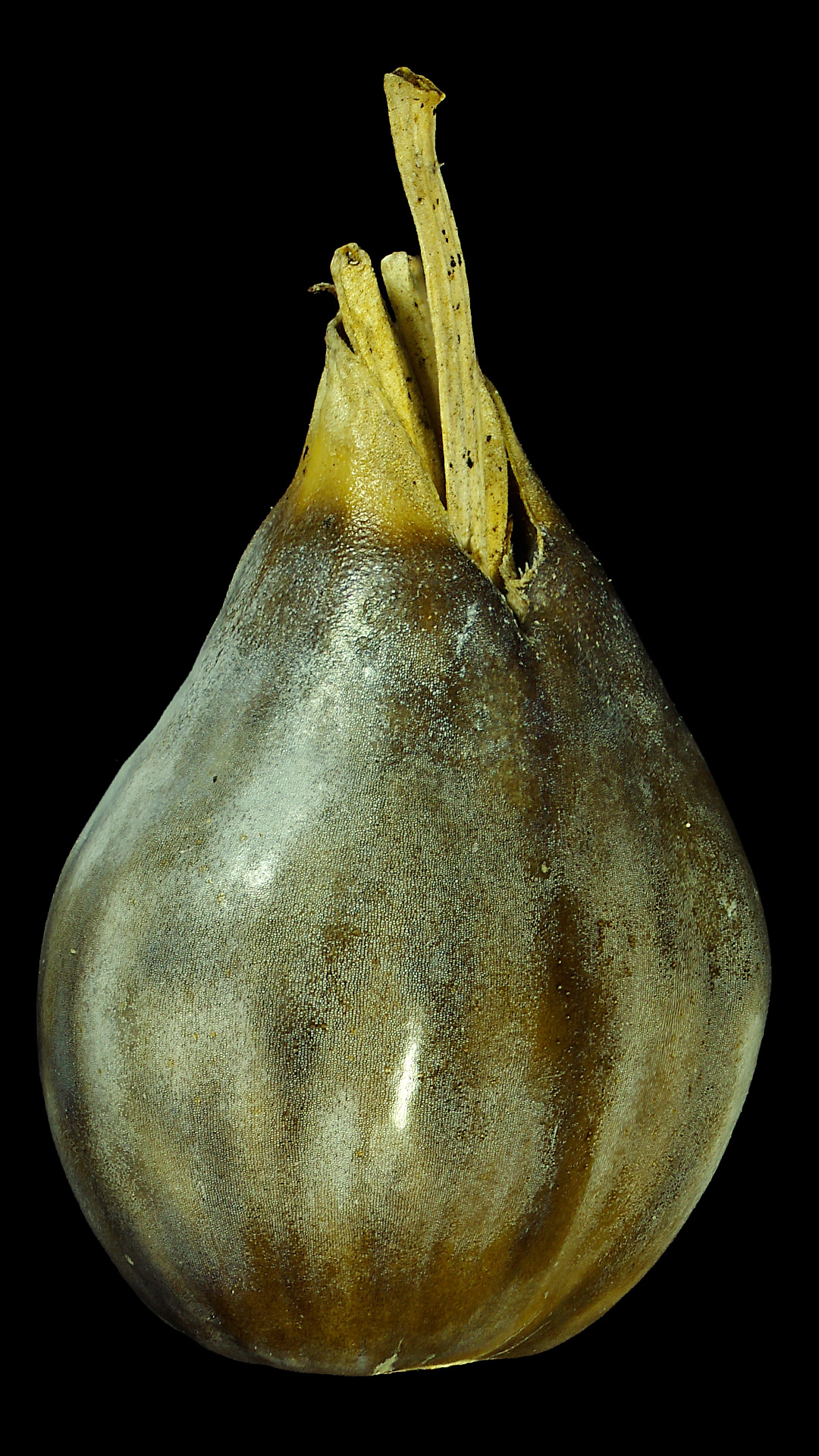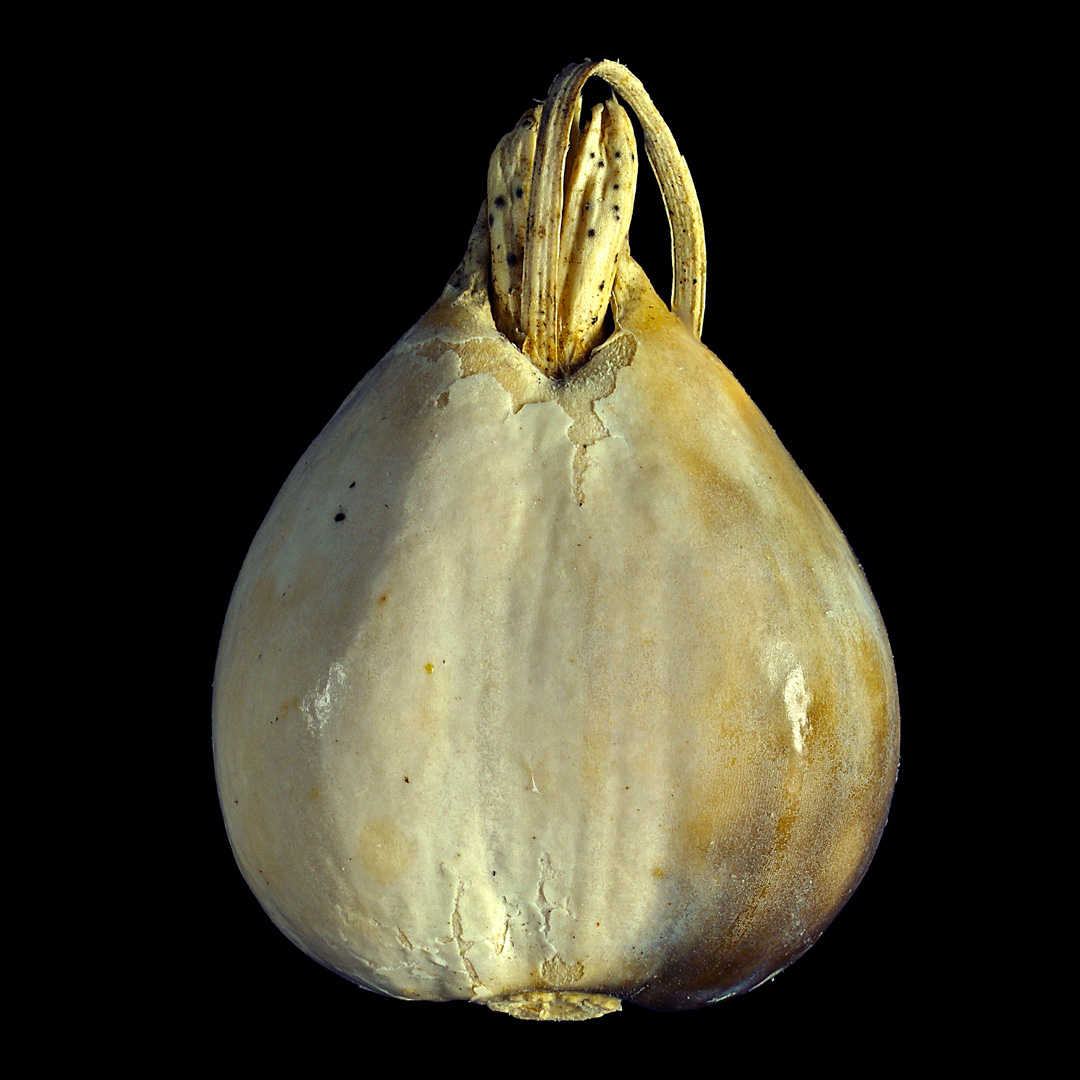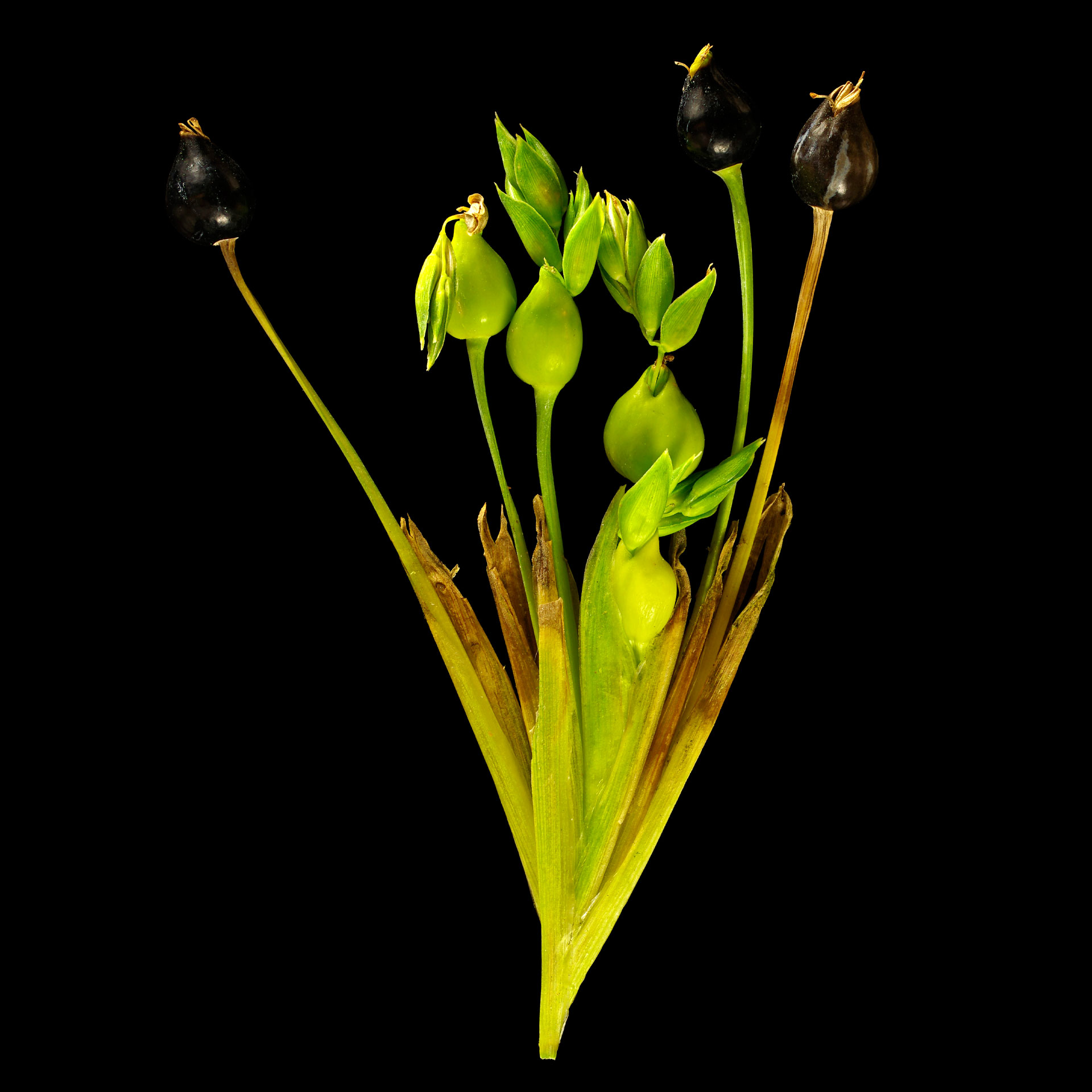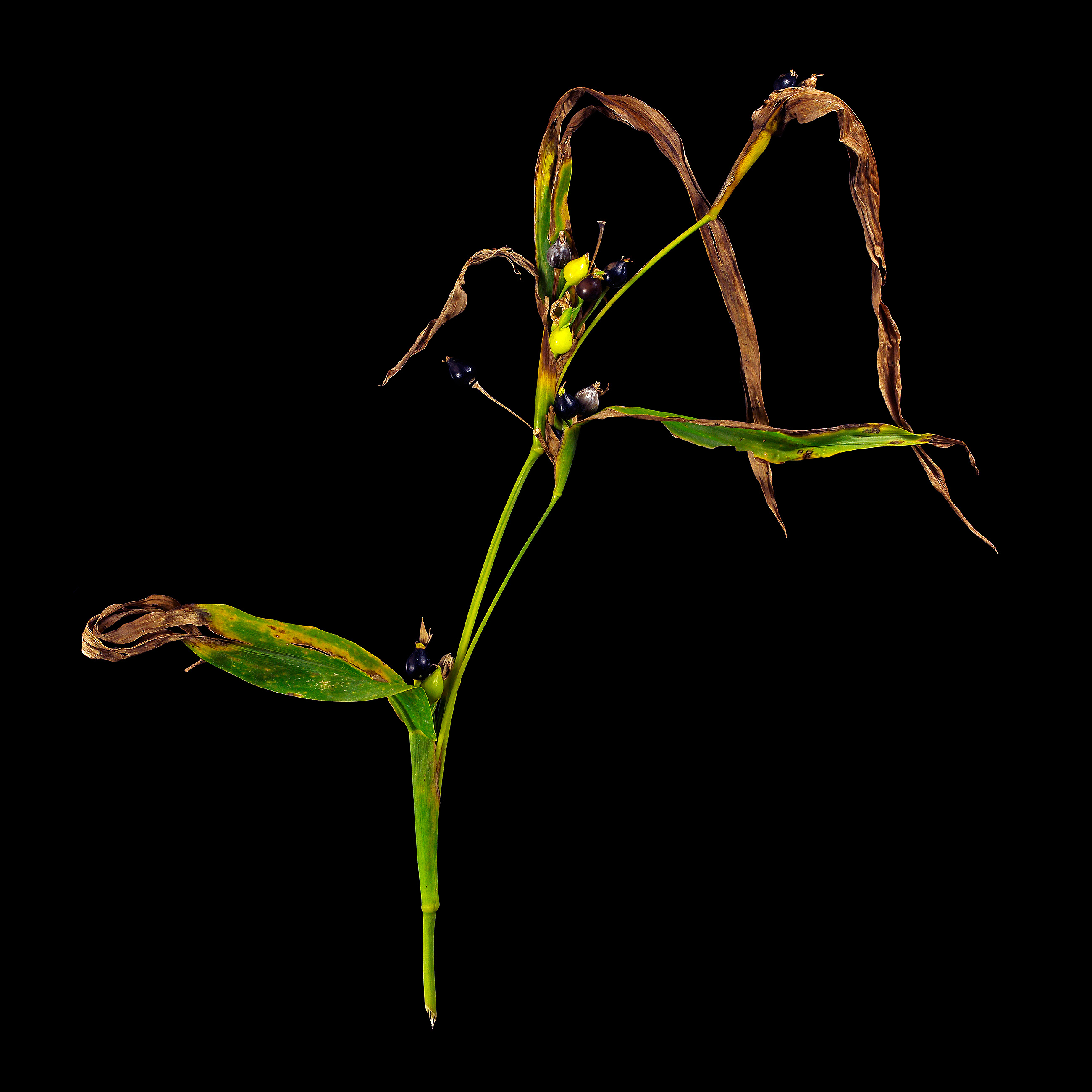Job’s tears: Coix lacryma-jobi
Versatile pearlsThe many names with religious reference result from the use of the grains or pseudofruits of Coix lacryma-jobi as “pearls” in rosaries. The fruits are indeed very hard, so thin-skinned and soft varieties are preferred for food production.
Flour from Job’s tears or adlay millet is gluten-free, which is why it is not suitable for the production of baked goods such as bread. Job’s tears can be used more like rice, for example as porridge and cooked, whereby mostly peeled fruits (Japanese “Yuuki Hatomugi”) are used. In Korea, a milk-like tea, “Yulmu-cha” (율무차) is made from roasted and ground Job’s tears. It is served hot and often mixed with nuts. A similar drink called “Yi Ren Jiang” (薏仁漿) is made in China from whole, peeled fruits. In Thailand, the also called Chinese pearl barley is sometimes added to soy milk and other beverages. The “sweet soup” (“Ching bo leung”) of Cantonese cuisine can also contain this cereal. There is also a tradition of making alcoholic beverages from Job’s tears, such as the Korean liquor “Okroju” (옥로주), which is a mixture of Job’s tears and rice. In China there are old beer recipes with Chinese pearl barley, in Japan a vinegar is produced. In Cambodia, Chinese pearl barley are mainly used in desserts.
Despite its numerous uses, which are also used for medical purposes, Job’s tears are not very popular compared to other cereals. The cultivation is even declining.
- Edible Seeds
- Type of Fruit Caryopsis
- Culinary Group Cereals Plant milk
- Taste neutral
- Trivial Names Hiobsträne, Hiobstränengras, Christusträne, Marienträne, Mosesträne, Chinesische Perlgerste, Großer Steinsamen, Job's-tears, Job's tears, Adlay, Adlay millet, Coixseed, Tear grass, Cherokee corn beads, Chinese pearl barley, Yi Yi, Hato Mugi, 薏苡, Skuay, ស្គួយ
- Size (Seeds) 1 cm
- Taxonomy Poaceae (Grass family) Coix lacryma-jobi
- Origin East Asia, Farther India, Malesia (Map)
- Locality Wissenschaftsgarten Frankfurt (FRG) 2016







